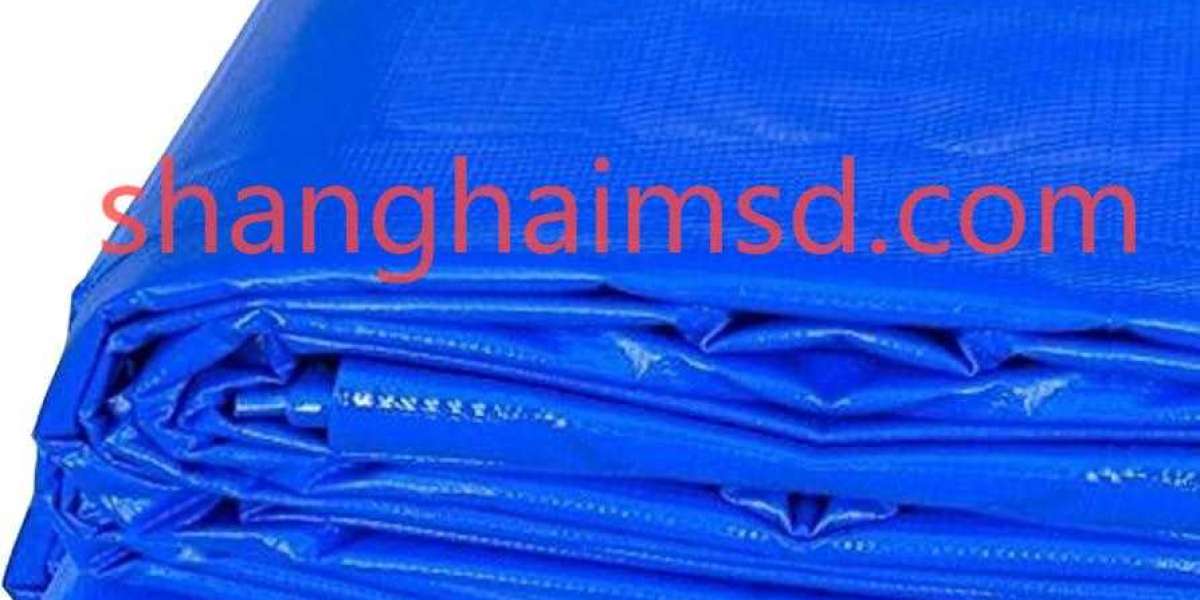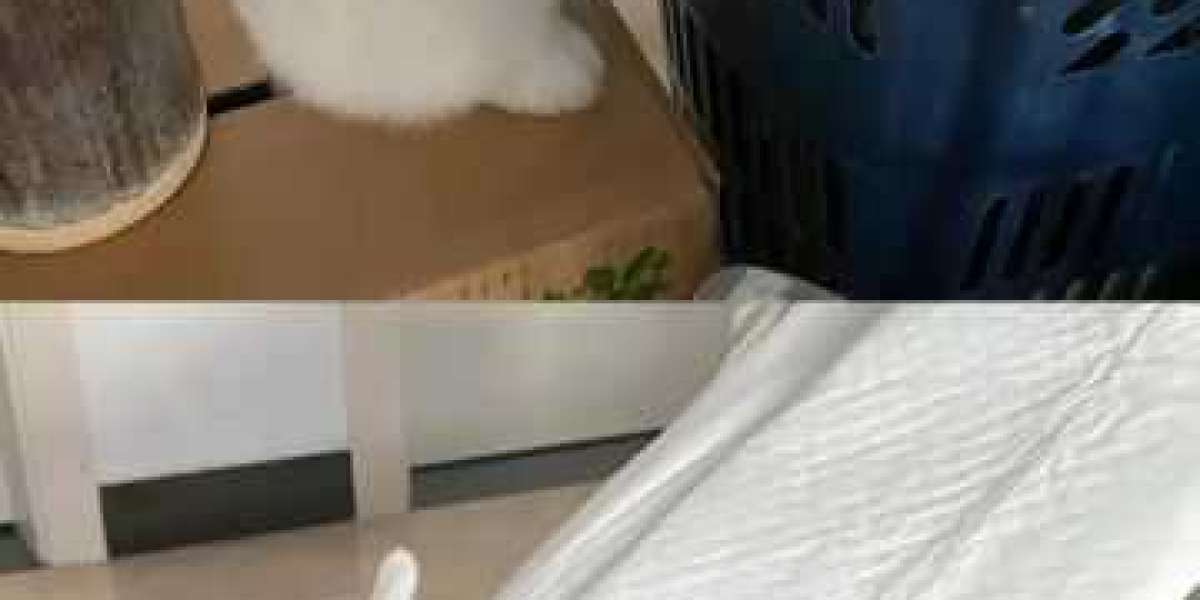In the automotive industry, material innovation plays a critical role in enhancing both functionality and aesthetics. Among the latest advancements, TPU Compound Fabric has gained attention for its adaptability and performance in modern vehicle interiors. Positioned between traditional textiles and high-performance polymers, this hybrid material brings versatility and sophistication to automotive design without compromising durability.
TPU Laminated Fabric is especially valued for its abrasion resistance, elasticity, and soft texture. Unlike pure leather or PVC-based materials, it provides a more sustainable and lightweight alternative while retaining the premium look car manufacturers demand. The thermoplastic polyurethane (TPU) component adds resilience, making the fabric suitable for high-contact areas such as car seats, steering wheels, and door panels. It resists fading, cracking, and tearing—even after years of usage—making it a long-term investment for car makers.
What sets TPU Laminated Fabric apart in automotive design is its aesthetic flexibility. It can be produced in a wide range of finishes, from matte to glossy, and can mimic the appearance of leather, suede, or futuristic textures depending on the interior style. This customization capability enables designers to create unique cabin environments that reflect the brand’s identity while meeting customer expectations for luxury and comfort.
Shanghai MSD International Trade Co., Ltd., a recognized leader in the fabric industry, has introduced advanced TPU Laminated Fabric solutions tailored specifically for automotive applications. With cutting-edge processing techniques and stringent quality control, Shanghai MSD’s products maintain uniform thickness, strong adhesion between layers, and excellent heat resistance—key features for enduring fluctuating interior temperatures and daily wear in vehicles.
In addition to aesthetics and durability, this fabric also supports sustainability initiatives, a growing concern in the automotive sector. Many car brands are seeking materials that align with green design principles, and TPU-based fabrics offer recyclability and lower VOC emissions compared to traditional synthetic leathers. Shanghai MSD prioritizes eco-conscious production, using formulations that minimize environmental impact while preserving high-performance standards.
The acoustic insulation properties of these fabrics further contribute to an enhanced driving experience. Engineered to reduce cabin noise, they help create a quiet and comfortable space for passengers, particularly in electric vehicles where soundproofing is more noticeable due to silent motors. This benefit is increasingly appreciated as consumers demand not only stylish but also serene automotive interiors.
In terms of maintenance, the fabric’s smooth surface resists stains and is easy to clean. This makes it ideal for family vehicles or high-end models where both appearance and hygiene are essential. Fluids and dust can be wiped away without leaving residue or causing deterioration, prolonging the life of interior components.
Shanghai MSD continues to collaborate with car manufacturers to refine the balance between innovation and practicality. Their RD team works on developing new layers and coatings that improve UV protection and flame retardancy, expanding the possibilities for TPU Laminated Fabric in both passenger and commercial vehicles. The company’s commitment to quality and innovation makes it a reliable partner in the ever-evolving automotive market.To explore Shanghai MSD’s full range of fabric solutions and learn more about TPU Compound Fabric, visit: https://www.shanghaimsd.com/ .








